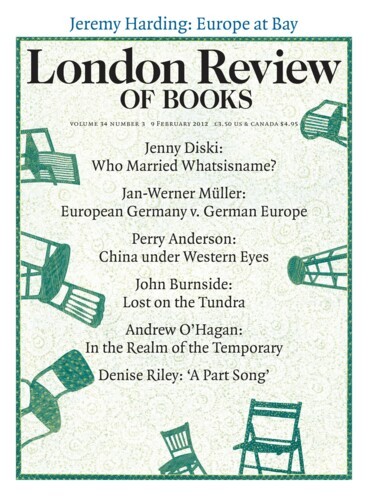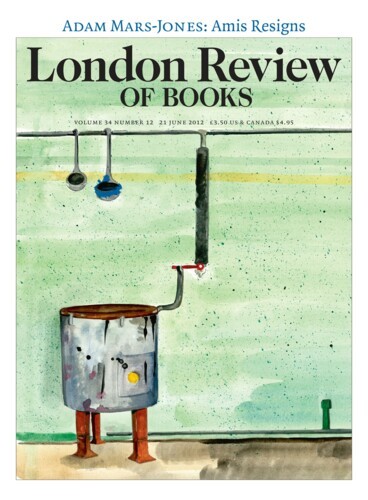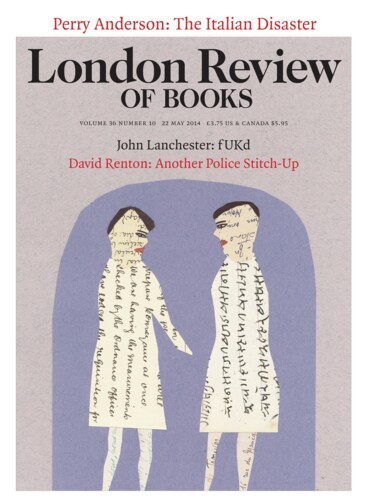What do Germans think about when they think about Europe? Germany’s Europe
Jan-Werner Müller, 9 February 2012
Germany is Europe’s paymaster. Even Franco-German summits are now really ‘German-German summits’, Romano Prodi said recently. But is Germany also becoming Europe’s political master? Many Europeans seem to fear it, but it would be wrong to say that Germany has developed fantasies of continental domination or become more Eurosceptic – at least any more Eurosceptic...





